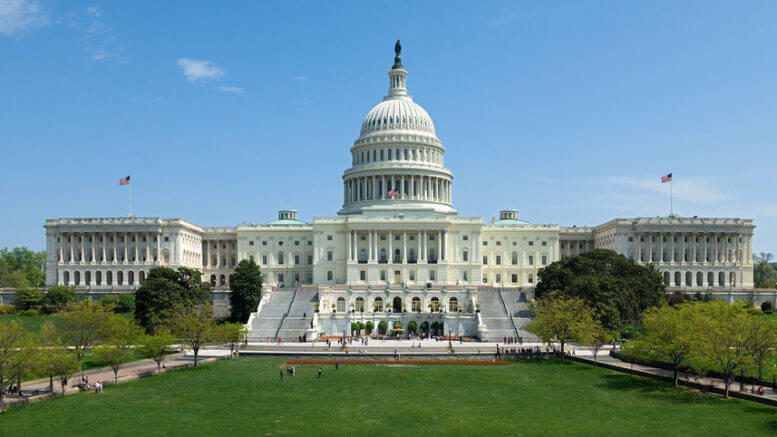Trade negotiations with China should produce five important outcomes, a broad business coalition including the Home Furnishings Association said in an April 22 letter to President Donald Trump.
The first is that any deal must eliminate tariffs, Americans for Free Trade wrote.
“To date, Americans have paid over $21 billion in taxes due to the imposition of new tariffs,” the group asserted. “As we inch closer to a final deal, a key part must be the full and immediate removal of all added tariffs when the deal is signed.”
Last year, the Trump administration levied 10 percent tariffs on a broad range of imported products from China, including furniture. An increase in some tariffs to 25 percent was threatened, putting pressure on China to negotiate a sweeping trade agreement. Trump delayed the tariff boost but has indicated the 10 percent import tax might remain even if a deal is reached as a means of ensuring Chinese compliance.
Failing to remove the 10 percent tariffs “would be a loss for the American people,” AFT wrote, noting that the administration promised its tactics applied “short-term pain for long-term gain” and were a means to an end. “A deal that fails to lift tariffs would represent a broken promise,” AFT said.
The second outcome is that China must agree to end its unfair trade practices, such as forced technology transfer, cyber theft and intellectual property violations.
Third, a deal should “avoid any enforcement mechanism that would trigger future tariffs and result in long-term economic uncertainty.” Continuing a series of punitive tariffs, on both sides, would be “a lose-lose proposition, and once again, Americans would pay the price,” the letter said.
Fourth, if tariffs do continue, “American businesses deserve clarity on how the exemption process for the first two lists of tariffed products will be impacted by a U.S.-China agreement.” Many U.S. businesses have been waiting for months for responses to their requests for exemptions, AFT said. That process must be concluded in a “fair, transparent and timely manner.”
“Finally,” AFT wrote, “consistent with established practice for trade agreements and other safeguards, we believe that after completing a deal the federal government must undertake a full economic assessment of the costs of tariffs for American businesses and consumers, particularly before drawing any conclusions about the role tariffs played in negotiations. Only through an in-depth look at the costs of import tariffs, retaliatory tariffs, lost markets, trade loss mitigation plans, deferred investments, business uncertainty and other factors will we truly understand the negative economic impact of tariffs as a negotiating tactic.”
In addition to the HFA, members of the AFT coalition include the American Home Furnishings Alliance, the International Wood Products Association, the National Association of Home Builders, the National Grocers Association, the National Restaurant Association, the National Retail Federation, the Retail Industry Leaders Association, The Hardwood Federation and dozens of other business groups.









